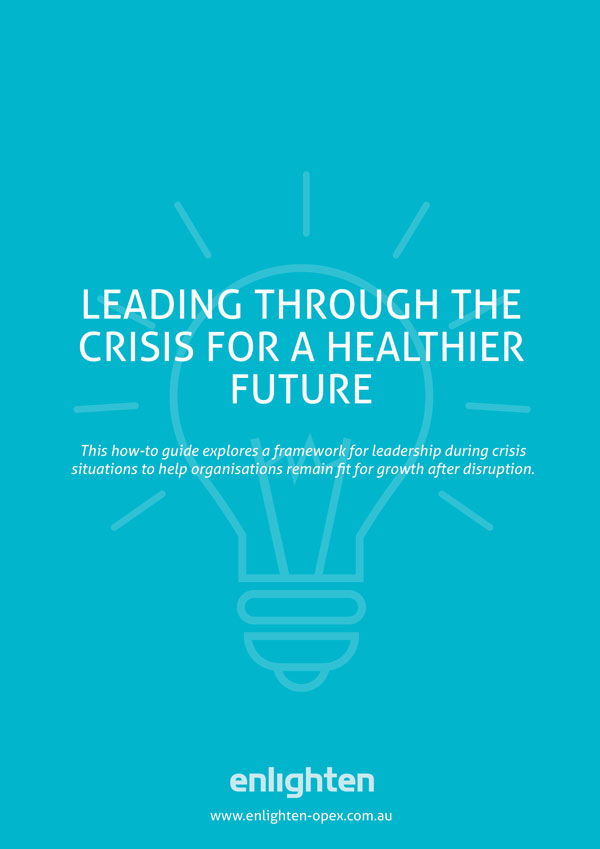I recently read an article where someone described work culture like the wind. It is invisible, yet its effect can be seen and felt. Does this ring true for you?
At Enlighten, through our unique blend of behavioural consulting and technology we aim to empower businesses to build a more robust and positive workplace. A work culture that is cohesive, innovative and adaptive lends itself to highly performing business.
The recent Royal Commission in to Banking and Finance highlighted the issues of a profit-driven culture and inadequate systems of risk management and governance. We have been asked on several occasions how build a robust work culture that goes beyond providing mandated training and checking off tick boxes.
Put simply, a healthy work culture begins with leadership. Boards and executives must take a real focus on building a strong culture.
In terms of compliance and risk mitigation it means embedding compliance processes into everyday workflow and setting the expectations for individual behaviour across an organisation. Seems easy in theory but putting it in to practice may prove challenging. Yet it must be put in to practice, if we are to take Hayne’s recommendations onboard and build compliant and ethical organisation.
Here we explore three ways a leader can build an ethical and professional culture that focuses on compliance and doing the right thing by its employees and customers.
1. Awareness
Today the regulatory environment is constantly changing and while it may seem simple, an organisation can’t be compliant if it doesn’t understand what is expected of it. Leaders need to find new ways to be abreast of changing regulations, meet deadlines and understand complex rules in a timely manner so decisions can be made to mitigate risk.
2. Demonstrate quick wins
When it comes to cultural change, leaders too often fall into the trap of only celebrating when big changes are seen. Rather, it is important to spotlight examples of actions they hope to see more of within the work culture. However small these may seem, it is important to call them out. Sometimes these wins may already exist within the culture but at a limited scale. Calling them out and showing them as examples helps communicate the overall purpose and culture change ambitions.
3. Continuous improvement and monitoring
Cultural transformation requires top-down commitment and workforce empowerment. In addition, compliance performance must be based on a full system of metrics that cover all areas of work. Having clear and consistent measurements will mean employees see metrics as the basis of improvement and learn to embrace data.
As the Banking and Finance Royal Commission clearly pointed out, there must be a shift from short-term performance indicators to a longer-term strategic view. A report produced by Deloitte recently said, “When an organisation is truly purpose–led, every employee understands his or her contribution towards achieving that purpose. The values frame ‘how we do things around here’, and are continuously reinforced through accountability at every level, underpinned by effective consequence management.”
Final thoughts
A strong and ethical work culture enables organisations to thrive. It also prevents misconduct and inspires employees to make good decisions and challenge the status quo. A robust culture, together with a balanced wholistic view of your organisation will ultimately be the most successful and competitive in the market.


